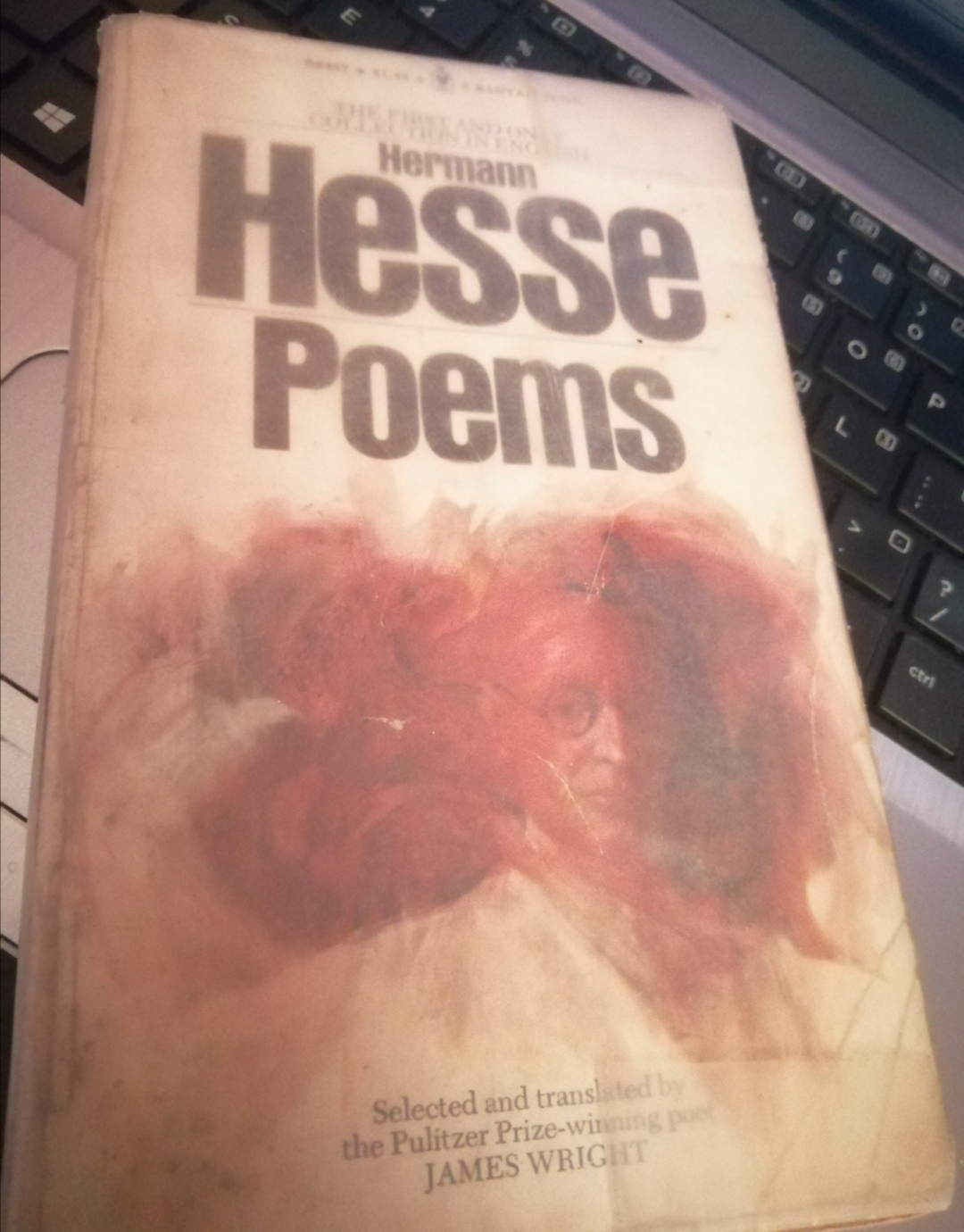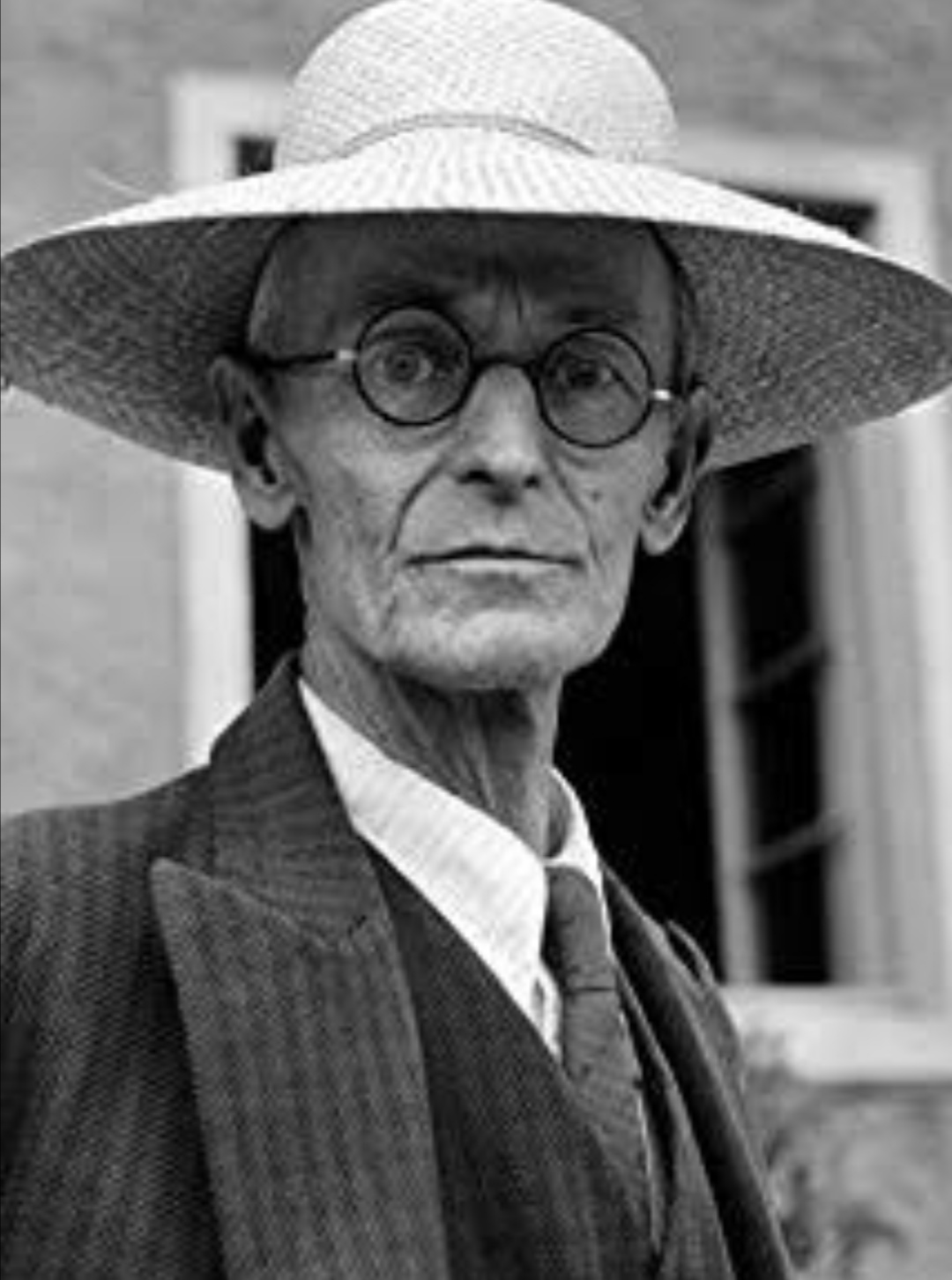The homesick Hermann Karl Hesse, a German – Swiss poet, who lived between 2 July 1877 – 9 August 1962, wrote several novels such as Demian, Steppenwolf, Siddhartha, and The Glass Bead Game. These books were deep in an individual’s search for authenticity, self-knowledge and above all spirituality.
Though I bought Steppenwolf, it is Hesse’s poems that first captivated me.
In the early 2000s, I saw a friend carrying a small book title Poems, I immediately borrowed it and opened the pages, the first poem captivated me.
Later, he forgot to take it back and I loved that; the book is still in my collections of poems.
References to Steppenwolf captivated me too. I wanted to read the original story where James Wright and others, including Hermann Hesse’s poems often referred to.
I got the PDF version of the old book but I couldn’t even complete the first chapter, I shelved it and in 2019 towards the end of that year, I bought the hard copy book
Steppenwolf was now in my collection. I haven’t read it yet, since I still have other books to read before its turn comes.

Homesick
Herman Hesse homesickness comes out of most of his poems, I gather, it is the same in most of his works.
But what’s homesickness to Hesse?
In a collection of Egyptian sculptures which I had memorised word for word, speaks about the mind towards the innanimate in the first stanza, “..even today, holiness like the distant fragrance of gods, drifts round your brow…” He compares the life of yore of these sculptures as gods to us, humans, “But we, your younger brothers, stagger godless through a confusing life”, he writes.
All poems in this book are deep and speaks of the individual’s relations to his surrounding. The long ones, are especially very expressive, I liked the longs ones because they didn’t leave one literally ‘high and dry’.
One short poem titled ‘Across the field’, speaks of loneliness aptly to me. I will not publish the whole of it since it is a product of copyright.
In Across the field, Hermann Hesse speaks of normal occurrences such as clouds, wind and a lost child, who must be him, in the second stanza which is the same length of four lines, as the first one in this two stanza poem, Hesse concludes, ‘Across mountains, far away, my home must be”.
There are many more poems in this compilation, selected and translated by American poet and Pulitzer Prize winner James Wright in 1970.
“Often in full flight of longing, my soul storms upward,
To gaze on the future of blessed men,
Love, overcomig the law, love from people to people”
– lines from the poem titled The Poet
James Wright, RIP writes on the back cover of the book that, ‘If the author of Steppenwolf and Damian had never written a single novel, his poems wpuld have proclaimed him as distinctly eloquent voice”, and I agree.




